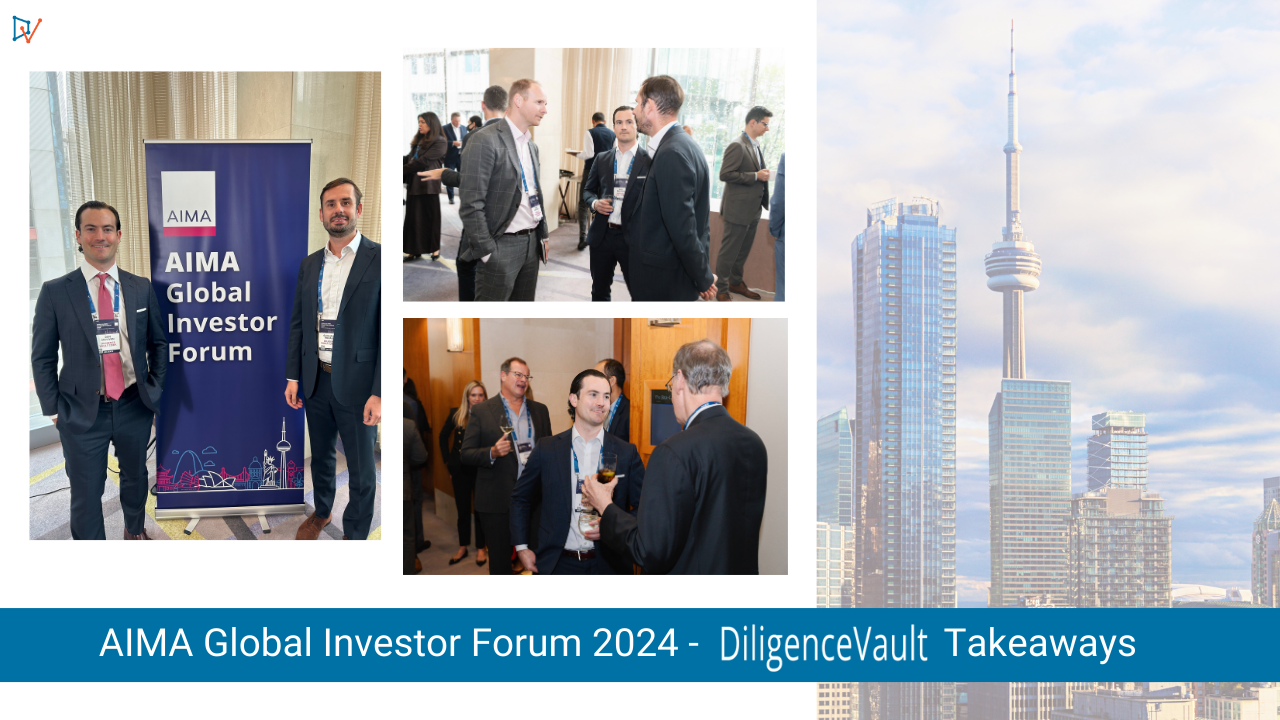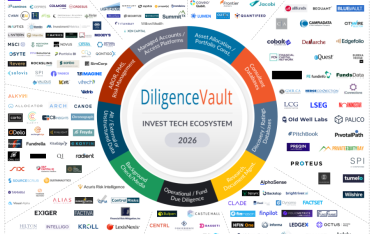Our team members, Dan Sullivan and Guillaume Rouault bring you key takeaways and insights from the AIMA Global Investor Forum in Toronto.
The Altering World View
There is considerable discussion about the evolution of a multi-polar world, particularly as the trend of friend-shoring intensifies to safeguard critical supply chains and to manage sustainability considerations. The geo-political and economic landscape is shifting, prompting changes in investment strategies.
China is currently in a transition phase, dealing with challenges related to domestic demand and real estate prices. The goal is socialist modernization by 2034, and while reforms are expected to continue, the investment approach remains neutral between equities and bonds. Although inflation in China is moderating, it isn’t fully resolved. The focus is shifting towards a more domestic-oriented economy, which may lead to reduced investment flowing into the global economy, but the outlook isn’t entirely negative.
Climate change is also influencing the investment priorities, as investors increasingly focus on renewable energy and infrastructure.
Hedge Funds: Equipped for Alpha Generation
Hedge funds are increasingly adopting transparency and collaborative approaches, benefiting both investors and fund managers. Managed accounts and solution-oriented strategies enable tailored portfolio management with both emerging and established managers.
Hedge funds are showing strong potential for generating alpha, making them an attractive option for investors seeking higher returns.
Emerging managers continue to be attractive, with one platform seeing a significant 83% allocation to emerging managers, reflecting a trend towards innovative and diverse investment strategies in the hedge fund space.
Hedge funds are primarily beneficial for seeking new sources of alpha. The expectation of higher interest rates is favorable for cash-heavy hedge funds, especially in the current inflation environment where zero interest rates are unlikely to return.
Additionally, many new hedge fund managers come from firms who have adopted the multi-portfolio manager model, which contrasts with the traditional setups deployed in the past.
The Story of Private Credit
Private credit has demonstrated stable returns as assets increase, but a turning credit cycle risk remains. The private credit market is expanding beyond direct lending, with growing interest in specialty finance, structured credit, impact investing, infrastructure, and secondary markets. Direct lenders are proactively collaborating with borrowers to address the challenges of the current macroeconomic landscape, while boutique funds are uncovering alpha in lesser-known opportunities.
Private credit is experiencing consolidation in certain struggling sectors, highlighting the need for stability in investment strategies. While both public and private credit have their advantages, finding a balance between them is essential. Private credit’s structural characteristics contribute to its stability, making it an attractive option for investors. Although it often involves less transparency, private credit typically exhibits low volatility due to its focus on intrinsic value and bespoke contractual protections. Investors are increasingly seeking smooth returns, which the income element of some private credit strategies can provide, and endowments, in particular, benefit from incorporating it into their portfolios.
Private Equity
Extended private equity exit timelines and tighter deal-making conditions are resulting in liquidity challenges that are boosting activity in secondary markets. The current economic condition is contributing to these prolonged exit timelines, creating constraints on liquidity. As a result, investors are increasingly turning to secondary markets to adjust their portfolios and enhance their liquidity management.
Where Alternatives Stand
Alternative investments are increasingly taking center stage in investor portfolios amid heightened volatility and uncertainty in the world. As investors seek ways to navigate this risk, the importance of diversification and a deep understanding of cash flow dynamics in alternative assets has become more critical than ever.
Building World Class External Manager Programs
Investors are seeking to achieve more with fewer resources, underscoring the importance of having managers who are strategic, long-term partners willing to communicate openly about challenges, while still prioritizing risk-adjusted performance.
Establishing strong relationships with external managers who are both transparent and strategic is a key focus. The trend towards selecting a smaller number of reliable managers that deliver both qualitative and quantitative results is increasingly vital for maintaining performance in uncertain markets. Many investors are also exploring emerging manager launches to tap into early alpha generated by skilled newcomers.
A robust due diligence process and a focus on curated and trustworthy diligence data benchmarks is key to selecting and monitoring external manager programs.
Role of AI
AI is expected to deliver significant efficiency gains and is affecting public market benchmarks, but the role of human intuition remains vital. Institutional investors are beginning to incorporate this technology into their processes, with some trialing with co-pilots to improve decision-making.
Speaking of AI, learn how you can leverage integrated AI, NLP and Gen AI technologies for your due diligence processes with DiligenceVault’s DV Assist – The Future of Due Diligence.
If you’re interested in more such insightful resources from us: sign up for our newsletter



